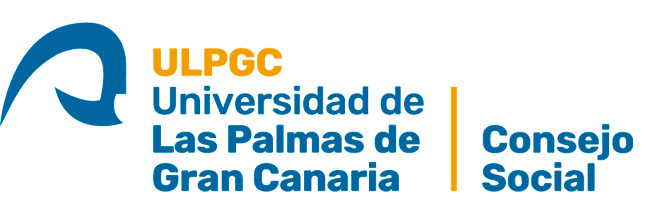The RADIA programme is headed by the Fundación ONCE [The Spanish National Organisation for the Blind], with the participation of the CEOE [The Spanish Confederation of Employers’ Associations] and the Conference of Social Councils of Spanish Universities (CCS). The programme provides scholarships for 50 disabled women who have a university degree, in order for them to access technological positions in leading businesses.
Next March marks one year since the Fundación ONCE, Fundación CEOE and the Conference of Social Councils of Spanish Universities signed an agreement to boost the presence of disabled women in technological businesses. The RADIA programme was launched within the framework of this agreement as a plan to give training to 50 disabled women so that they can develop their careers in the digital sector. The three institutions which promoted the programme wish to celebrate it in line with with the International Day of Women and Girls in Science on 11th February.
A total of 50 disabled women have been selected following a laborious process with applications from 126 people. The profile of these applicants shows that 36% were women with physical disabilities and between the ages of 20 and 29 (52%). The majority (72%) did not have STEM degrees.
The training process is divided into three phases dealing with the most topical issues concerning digital transformation, such as: artificial intelligence, fintech, esport, e-commerce, cyber security, biotechnology, blockchain, and Green teach. Moreover, participants will receive mentoring and inspirational training from mentors from different companies, as well as work experience with technology firms.
The first phase, Brain Storm, began on 22nd September. The Mentor Women phase, which is in its initial stages, will take place over 12 weeks during which participants will discover real life situations within the field of technology thanks to professionals working in the digital sphere who will teach them about their day-to-day experiences so as to teach, inspire and empower them.
During the final phase, Real Work, those selected will receive digital training over 100, four-hour sessions and will be supported by mentors in order to carry out work experience in selected companies. This is expected to conclude on 30th June 2021.
THE RADIA PROGRAMME
The name of the RADIA WOMEN’S DIGITAL INCLUSION programme was inspired by the story of Radia Perlman. Radia is the creator of one of the most widely used communication protocols in the world, ensuring that networks function correctly and that they are robust, stable and secure.
The United Nations has warned that the gender gap in science, technology, engineering and maths sectors (STEM) has persisted around the world for many years. According to UNESCO, fewer than 30% of the world’s researchers are currently women.
At present only one in six ICT specialists in the labour market is a woman. The question of disability is added to this, making it hard for disabled women to be included within the fields of higher education and employment. The programme therefore aims to provide training and employment, bringing more disabled women to the digital sector and recognising both the value of their contributions and their talent, which is crucial for the construction of an inclusive, competitive and dynamic digital society.
From this perspective, RADIA has established a number of steps aimed at increasing the number of disabled women with university qualifications in positions which require the use of digital technology.


